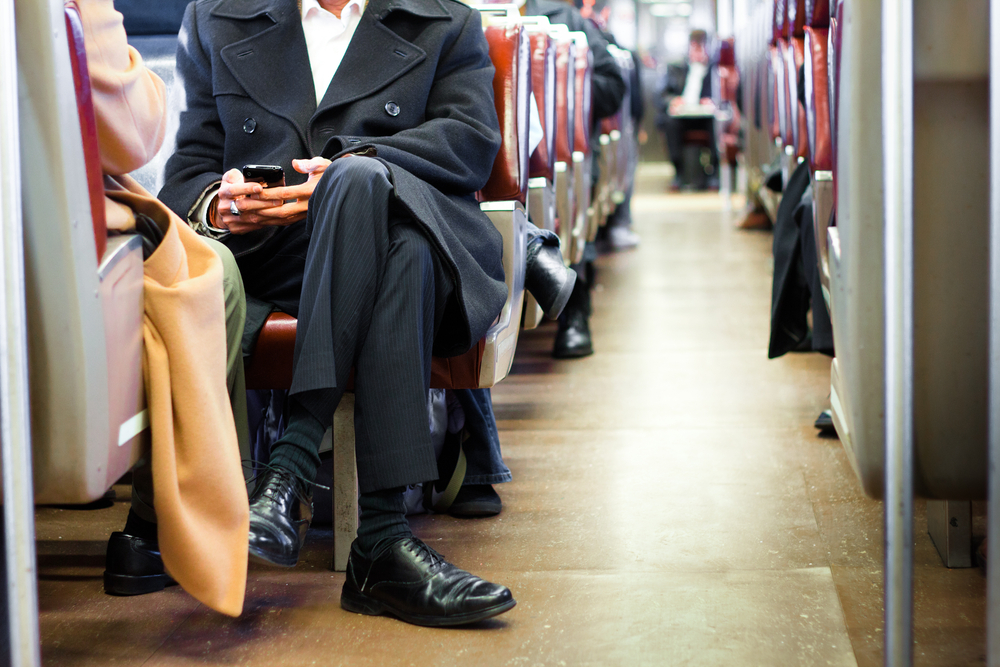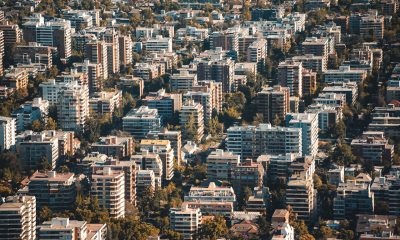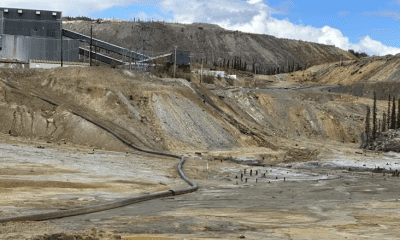Breaking
Canadians ‘relax and rest’ during their commute says survey
TORONTO — Canadians actually enjoy their commute and find it relaxing.
That’s the conclusion of a study released by Toronto ad agency Bensimon Byrne _ a finding that runs contrary to the popular vision of commuters as harried and fed up, if not enraged.
“Even more surprisingly, three quarters of commuters report being in a better mood after their commute,” according to the survey conducted for Bensimon Byrne by the Gandalf Group.
“The results are an eye-opener and contradict the prevailing narrative of commuting — which is often conveyed as long and negatively affecting our work-life balance,” said Max Valiquette, managing director of strategy, Bensimon Byrne.
“In fact, our findings show that having some time to relax and rest, or a few quiet moments to reflect is what makes commuting so important and desirable.”
The online survey of questioned 1,500 people in various regions of the country, with an oversampling of commuters in the Greater Toronto Area as well as samplings in Quebec proportional to the number of the province’s French and English speakers.
The Gandalf survey found that three quarters of respondents would prefer to be alone during their commute. As a result, drivers in the survey were slightly more likely to strongly agree (56 per cent) that their commute is an opportunity to have some quiet time by themselves, compared with 49 per cent of public transit users.
Transit users tend to face a more difficult commute, but use their commuting time to rest and relax, the survey said.
The oversampling of Greater Toronto Area respondents supported, for the most part, trends found elsewhere. However, GTA commutes tend to be longer and commuters there were less likely to be in a better mood after their commute (72 per cent) relative to the national average of 77 per cent, the survey found.
And slightly more respondents in the GTA (16 per cent) dreaded their commute versus the national average of 11 per cent.
“Interestingly, outer GTA commuters were almost twice as likely to dread their commutes as City of Toronto residents, in spite of the fact that they are twice as likely to drive, tend to have shorter commutes and are more likely to live in and commute to suburban rather than urban communities,” the survey found.
Nationally, two thirds of respondents reported having a commute of 30 minutes or less, half said they drive, 25 per cent use public transit, 14 per cent were automobile passengers, six per cent walk and two per cent used a bicycle.
The polling industry’s professional body, the Marketing Research and Intelligence Association, says online surveys cannot be assigned a margin of error because they do not randomly sample the population.
Some 15.4 million Canadians endure a daily commute to and from work, based on Statistics Canada’s 2011 National Household Survey. It also found that four out of five commuters reported taking a private vehicle, most of them driving themselves, the survey found.
Vancouver ranked the worst city in the country for gridlock, according to a study released earlier this year by a Dutch-based company which specializes in navigation and mapping products. The study found the average commuter in Vancouver experienced 87 hours of delay time per year, based on a 30-minute daily commute.
After Vancouver, the most congested cities in Canada were Toronto, Ottawa, Montreal, Calgary, Quebec City and Edmonton, according to the index.






















